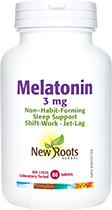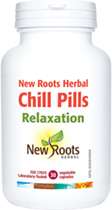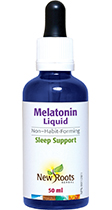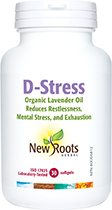Anxiety and Insomnia—Breaking the Sleep/Anxiety Cycle
Anxiety is extremely common; in fact, the Centre for Disease Control and Prevention reports that anxiety disorders are the most common class of mental disorders.[1] Aside from the anxiety, 60–70% of people with anxiety also report that they have trouble sleeping.[2] This is problematic, because the worse someone’s emotional distress is the worse they sleep,[3] and having bad sleep may be contributing to worsening anxiety symptoms.[4] Fortunately, sleep hygiene measures have been shown to, at least in part, mediate the effect of anxiety on insomnia severity.[5] Other naturopathic therapies, such as acupuncture and certain herbal medicines, have also been demonstrated to improve both sleep and anxiety scores.[6][7]
People with anxiety often report that they have poor sleep. Both patients with panic disorder and generalized anxiety disorder (GAD) have increased sleep latency, meaning it takes them longer to fall asleep.[2] We also know that how poorly a person thinks they slept is associated with higher anxiety scores; however, this is not always correlated with sleep-study findings.[3] In fact, it’s only in people who are very emotionally distressed that their perception of how they sleep is associated with how well, or poorly, they are actually sleeping.[3] While any level of anxiety may make someone think they aren’t sleeping well, it’s only in individuals who are very anxious that their perceptions of sleep and observed sleep quality actually match up.
Now most patient with anxiety do have poor sleep.[4] Even when how someone thinks they sleep and how they actually slept don’t match up in terms of severity, anxious people are still not sleeping very well. We know that sleep impairs someone’s ability to think, but it “may also play a role in the emotional dysregulation observed in anxiety.”[4] This may contribute to a negative cycle, where anxiety contributes to poor sleep, and poor sleep in turn contributes to feelings of anxiety.
Fortunately, some research suggests that utilization of sleep-hygiene practices may help mediate the effects of anxiety on insomnia severity.[5] By addressing sleep hygiene in patients with anxiety and insomnia, the negative effects of anxiety on insomnia may be modulated. What does this actually mean in terms of getting a better sleep and feeling less anxious?
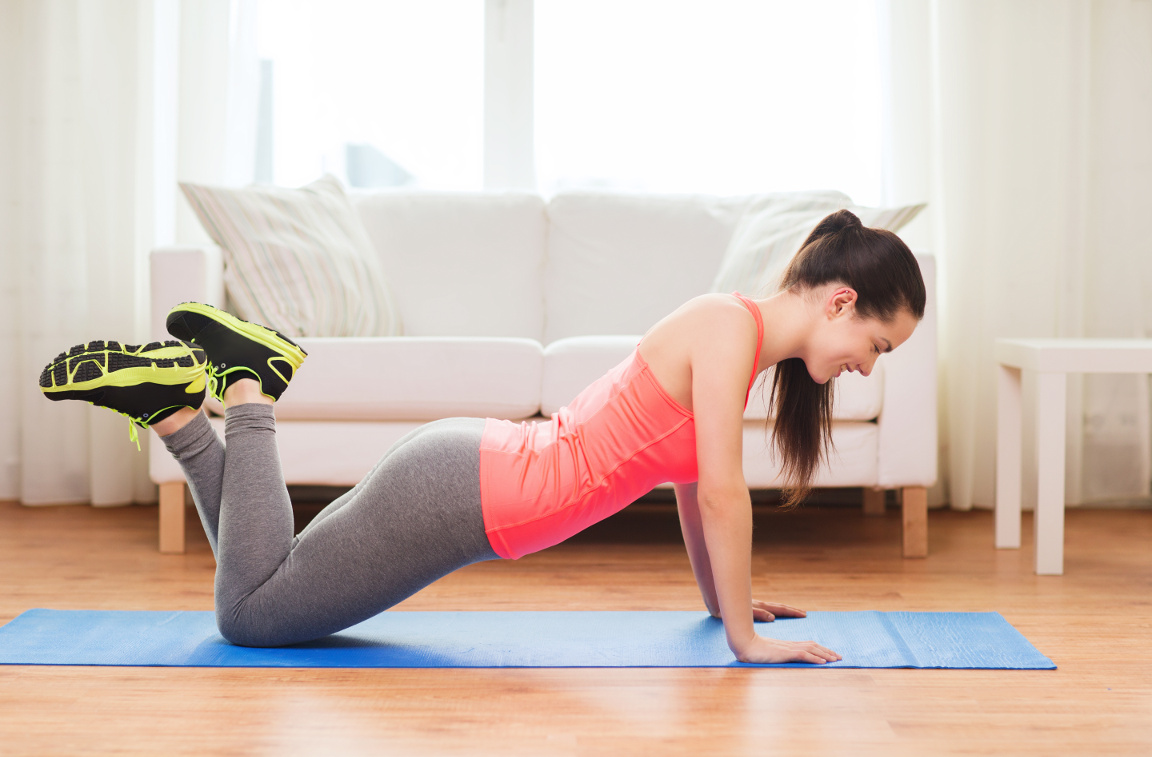 Exercise Regularly
Exercise Regularly
Exercise is really important for so many areas of your health, and that includes sleep. It seems to improve sleep in everyone, whether or not they have a sleep disorder.[8] Contrary to popular belief, it doesn’t seem to matter when you exercise, just that you do—although if you are finding it’s hard to get some sleep after a workout, maybe don’t workout right before bed!
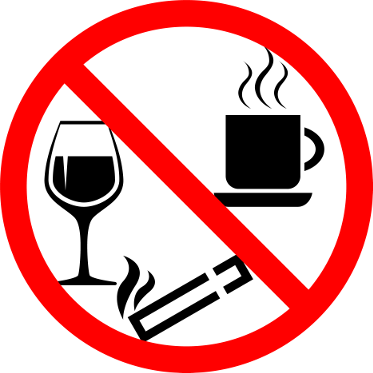 Lose the Caffeine (and Nicotine and Alcohol)
Lose the Caffeine (and Nicotine and Alcohol)
If you have trouble sleeping, you for sure want to skip the after-dinner espresso. While research on daytime coffee drinking seems to be mixed, probably because individuals metabolize caffeine at different rates, evening caffeine disrupts sleep,[8] which is the absolute last thing you need when you have insomnia. So you want to keep the cuppa joe to the morning.
As for nicotine and alcohol, they aren’t helping your sleep either. Smoking disrupts sleep, whether you are a chronic smoker or just had a cigarette before bed.[8] Alcohol may seem like it’s helping you sleep, because it decreases sleep onset latency so you fall asleep easily, but it decreases sleep quality in the second half of the night![8] Not good for sleep! While stopping the use of these sleep-disrupting substances doesn’t always improve sleep as much as we would hope, it is important to assess how they may be impacting your sleep.
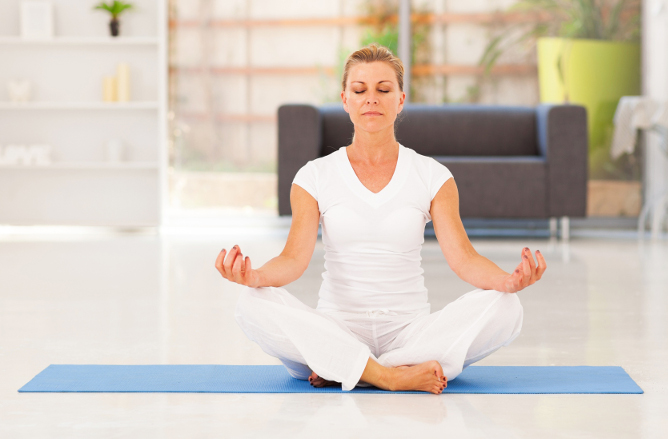 Manage Your Stress
Manage Your Stress
When you are feeling stress, it’s hard to fall asleep and stay asleep.[8] There are lots of different ways to reduce your stress so that you can fall asleep more easily. At this point, it doesn’t seem to matter how you reduce your stress, just that you do.[8] My favourite thing to promote sleep and reduce my stress is to take a bath with Epsom salts and lavender essential oil, but you could do a bit of yoga, write in a journal, or do some deep breathing or meditation—whatever helps you leave your day behind and get ready for sleep!
Maintain a Regular Sleep Schedule
Sleep works better when you do it with some consistency. Your body’s sleep hormones are set up to work on a 24-hour cycle, and when you go to bed and get up at the same time every day, it makes it easier for your body to fall into a good sleep pattern. The research shows it’s really important to always get up at the same time.[8] It may also be helpful to go to sleep at the same time, but that part is less clear. I know it’s hard when you are tired to get up at your regular time on a Saturday morning, but it looks like doing so is going to get you better sleep, then you’ll be less tired (and less anxious)!
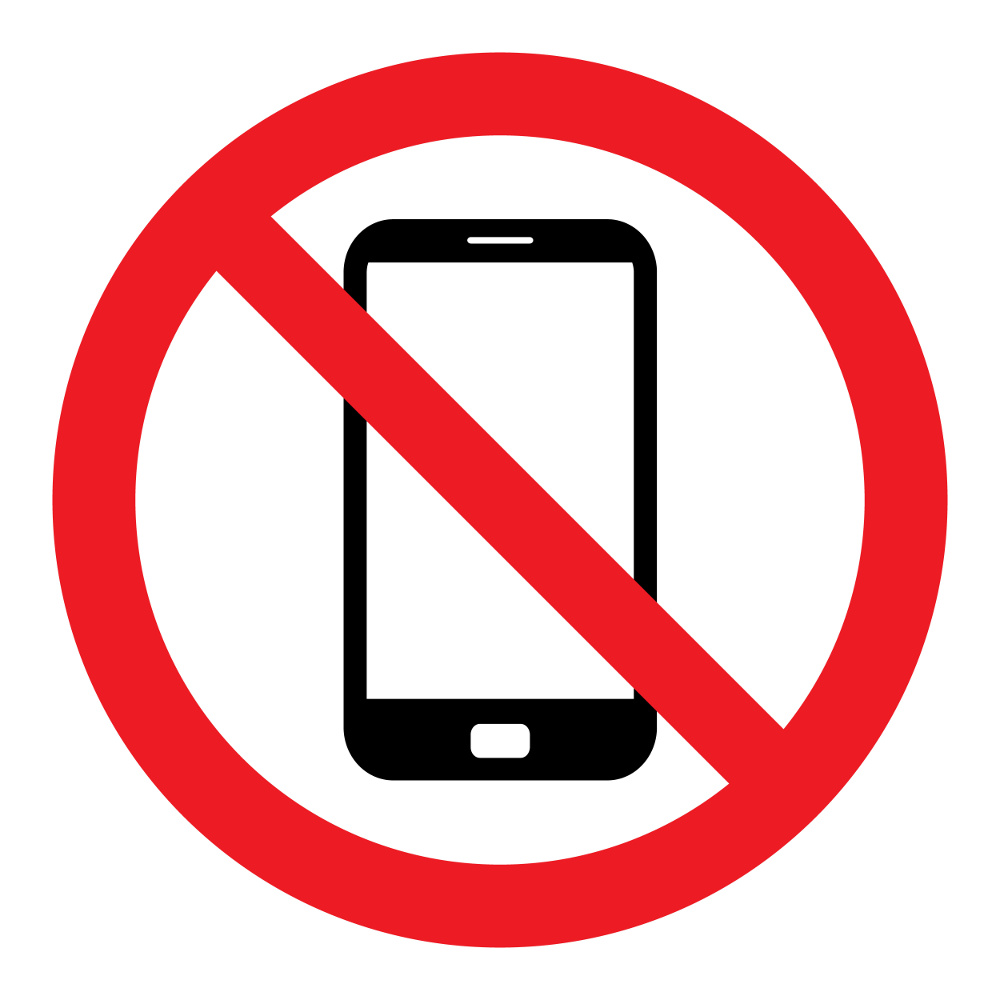 Keep Out the Screens
Keep Out the Screens
Sleep is moderated by a hormone called melatonin. Your body knows to make melatonin when it is dark. The problem is, since the advent of electricity, this planet is less and less dark at night, and since cell phones came into the picture, the problem is even worse because now you aren’t just exposed to light when it’s night time: Many people are shining bright lights at their eyes directly before bed! Start cutting back and create some space between going to bed and looking at a screen.
If you’ve tried all this and still aren’t sleeping well, don’t fret, because sleep hygiene isn’t the only way to improve sleep in people with anxiety. Aside from sleep hygiene, acupuncture has been shown to decrease scores for both anxiety and insomnia, as well as depression scores.[6] Acupuncture is part of the traditional Chinese medicine system of understanding the body. In this model, symptoms are classified into different organ systems, which are then treated to promote healing and resolution of symptoms. Anxiety symptoms, like shortness of breath and heart palpitations, are symptoms of the heart organ. In TCM, the inability to sleep is also part of the heart organ system, so it makes sense that choosing points that support this organ system would help both the anxiety and the insomnia.
However, things become interesting because in one study, in addition to choosing “meridian points” as I described above, they also choose to include three specific “Anmian” points to specifically address sleep.[6] When they did this, the patients reported even more improvement in their sleep. What is also important to note is that the group with the Anmian points was also more effective at improving anxiety and depression scores.[6] While it is difficult to assess whether the Anmian points improved the mood directly, or whether the increased sleep resulted in better mood scores, this highlights the importance of treating both anxiety and insomnia symptoms to see improvement in both.
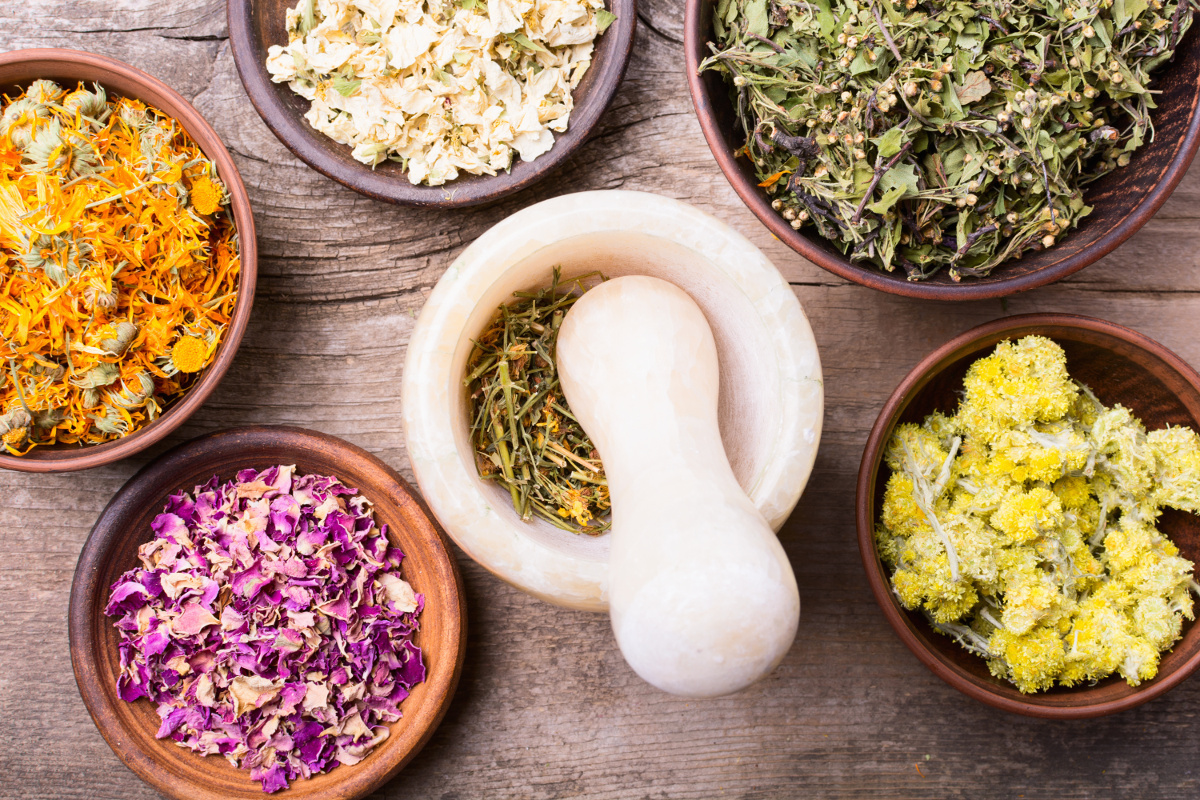 Herbal medicines can also be used for the treatment of anxiety and insomnia, with many herbs acting along similar biochemical pathways for the treatment of anxiety and insomnia.[7] Some herbs may modulate GABA, helping with both sleep and anxiety, and others may work through modifying our circadian rhythm, which can again help with both anxiety and insomnia. The most well-researched of these herbs is Piper methysticum, commonly known as kava. It appears to act on the GABA pathway.[9] While mostly researched for its effective treatment of anxiety, given its mechanism of action and some early research in rats, it is considered something that may be valuable for treating insomnia as well. Other herbs that have been historically used for insomnia that appear to interact with GABA pathway include Ziziphus, Valeriana, Scutellaria, and Magnolia.[9]
Herbal medicines can also be used for the treatment of anxiety and insomnia, with many herbs acting along similar biochemical pathways for the treatment of anxiety and insomnia.[7] Some herbs may modulate GABA, helping with both sleep and anxiety, and others may work through modifying our circadian rhythm, which can again help with both anxiety and insomnia. The most well-researched of these herbs is Piper methysticum, commonly known as kava. It appears to act on the GABA pathway.[9] While mostly researched for its effective treatment of anxiety, given its mechanism of action and some early research in rats, it is considered something that may be valuable for treating insomnia as well. Other herbs that have been historically used for insomnia that appear to interact with GABA pathway include Ziziphus, Valeriana, Scutellaria, and Magnolia.[9]
While there are many approaches to treating anxiety and insomnia, it is important to recognize that they can have a strong influence on each other, with the potential to create a positive or negative feedback loop. When someone has difficulty sleeping because they are feeling anxious, this lack of sleep further impacts the brain’s ability for emotional regulation, and may in turn create more anxiety. On the other hand, a person who is able to fall asleep may then have an improved ability for emotional regulation, and experiences less anxiety. For people with anxiety and insomnia, the results are clear: To get the most improvement, both symptoms should be addressed.
References
- Centers for Disease Control and Prevention. Burden of mental illness. · https://www.cdc.gov/mentalhealth/basics/burden.htm · Updated 2013-10-04.
- Papadimitriou, G.N., and P. Linkowski. “Sleep disturbance in anxiety disorders.” International Review of Psychiatry. Vol. 17, No. 4 (2005): 229–236.
- Volkovich, E., L. Tikotzky, and R. Manber. “Objective and subjective sleep during pregnancy: Links with anxiety and depressive symptoms.” Archives of Women’s Mental Health. Vol. 19, No. 1 (2016): 173–181.
- Klumpp, H., et al. “Subjective and objective sleep quality modulate emotion regulatory brain function in anxiety and depression.” Depression and Anxiety. Vol. 34, No. 7 (2017): 651–660.
- Chou, T.L., L.I. Chang, and M.H. Chung. “The mediating and moderating effects of sleep hygiene practice on anxiety and insomnia in hospital nurses.” International Journal of Nursing Practice. Vol. 21, Suppl. 2 (2015): 9–18.
- Huo, Z.J., J. Gou, and D. Li. “Effects of acupuncture with meridian acupoints and three Anmian acupoints on insomnia and related depression and anxiety state.” Chinese Journal of Integrative Medicine. Vol. 19, No. 3 (2013): 187–191.
- Liu, L., et al. “Herbal medicine for anxiety, depression and insomnia.” Current Neuropharmacology. Vol. 13, No. 4 (2015): 481–493.
- Irish, L.A., et al. “The role of sleep hygiene in promoting public health: A review of empirical evidence.” Sleep Medicine Reviews. Vol. 22 (2015): 23–36.
- Shi, Y., et al. “Herbal insomnia medications that target GABAergic systems: A review of the psychopharmacological evidence.” Current Neuropharmacology. Vol. 12, No. 3 (2014): 289–302.

 Stores
Stores
